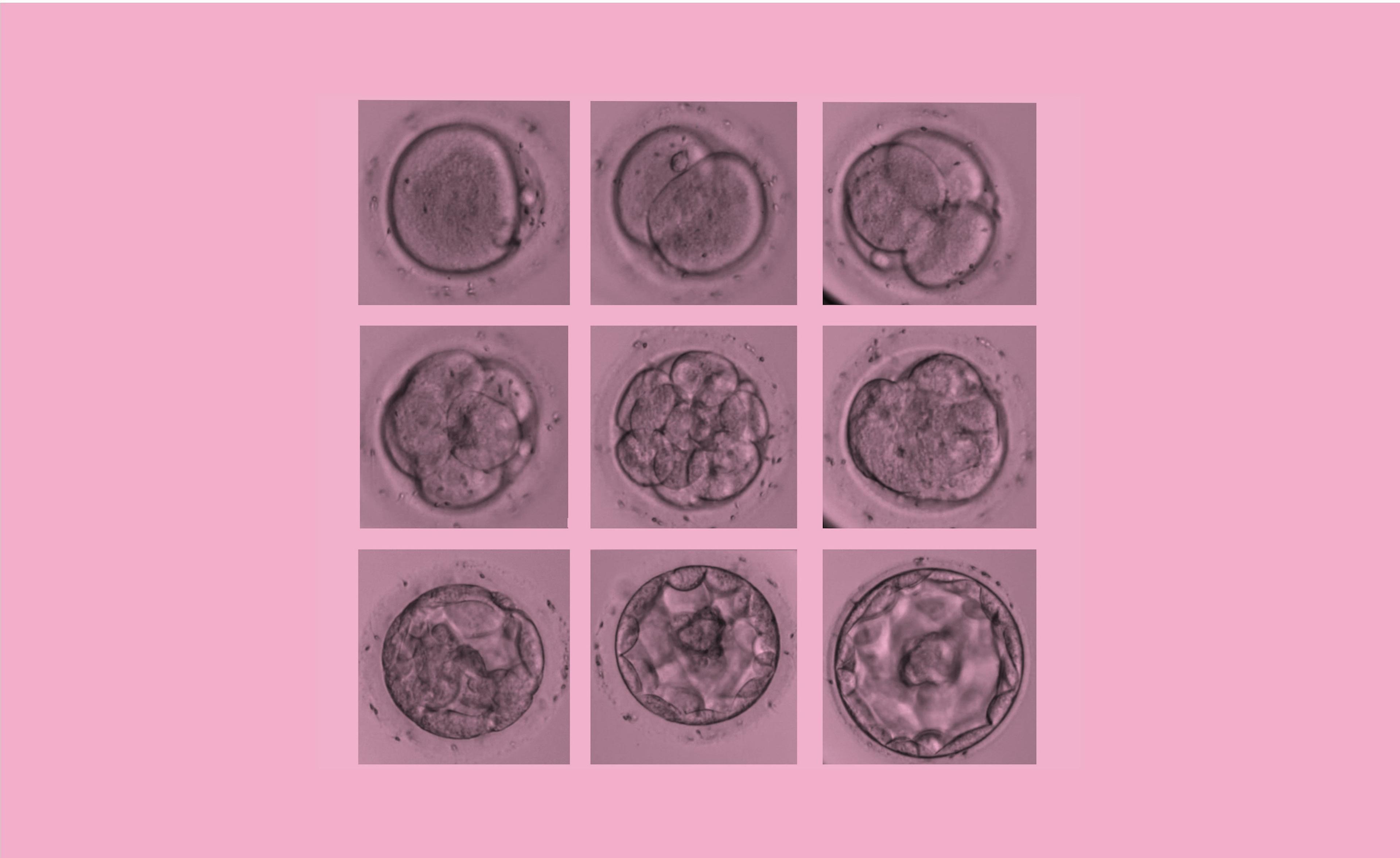
Biology of Pregnancy – from fertilization to birth
Our research
We study early embryonic development and pregnancy disorders, many with an inflammatory component, such as pre-eclampsia.
We also have an interest in rare immune system-related diseases, and in brain development.
Our research group was established in 1994. We use modern genomics tools, including high-throughput DNA and RNA sequencing, and cell technologies, such as cellular reprogramming by CRISPRa technology. We work in tight collaboration with clinical specialists as well as leading experts on special methods, such as proteomics and single-cell transcriptomics, and are involved in a number of international consortia. We have tight collaboration on these topics with our sibling group at Karolinska Institutet.
Our previous major breakthrough provided a detailed transcriptome of early embryos. We succeeded in reprogramming human cells to the 8-cell-like early embryonic phenotype, allowing us now to focus on the regulatory network of early embryonic development. The early embryonic cell genomes become reprogammed also for their epigenetic profile, and the differentiated epigenetic profiles will then become fine-tuned again during organogenesis. These epigenetic changes are also subject to our current studies.

We have found that a central mechanism in pre-eclampsia involves an autoimmune-like process where the mother’s immune system can more strongly attack the placenta when the trophoblasts have low expression of the HLA-G gene. We aim at developing a clinically applicable, low-cost analytical method for the early detection of threatening pre-eclampsia based on measuring trophoblast damage and maternal immune activation.
Our studies on immune deficiency disorders are focused on identifying genes behind the new and rare types of diseases. We have already identified several new genes with work ongoing on yet new genes. We are also interested in the development of the brain. We identified a large number of gene enhancer elements involved in neuronal differentiation and associating with neuropsychiatric disorders. These studies aim at identifying possible new drug targets for complex neuropsychiatric disorders.
Contact us

Juha Kere
Group Leader
Genetics
+46 73 421 3550

Outi Elomaa
Compliance Expert, Research Integrity Adviser, Administrative Group Leader
Administration, Genetics
+358 44 377 5424